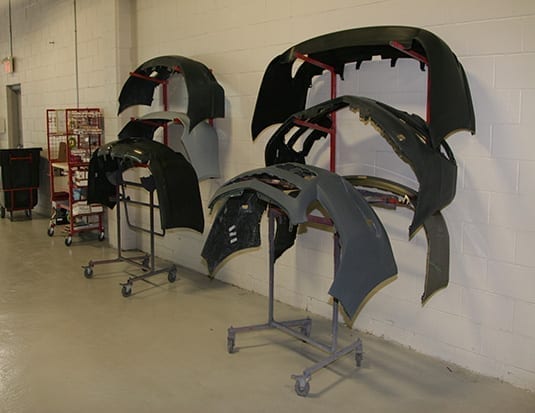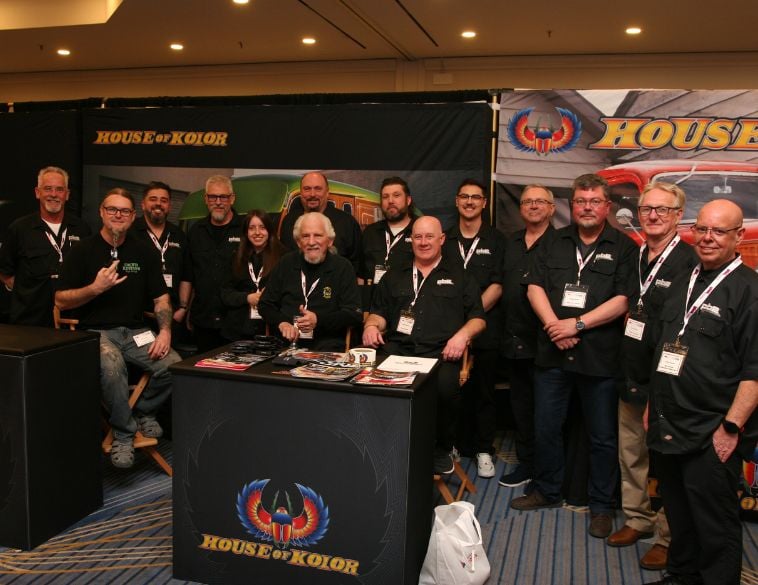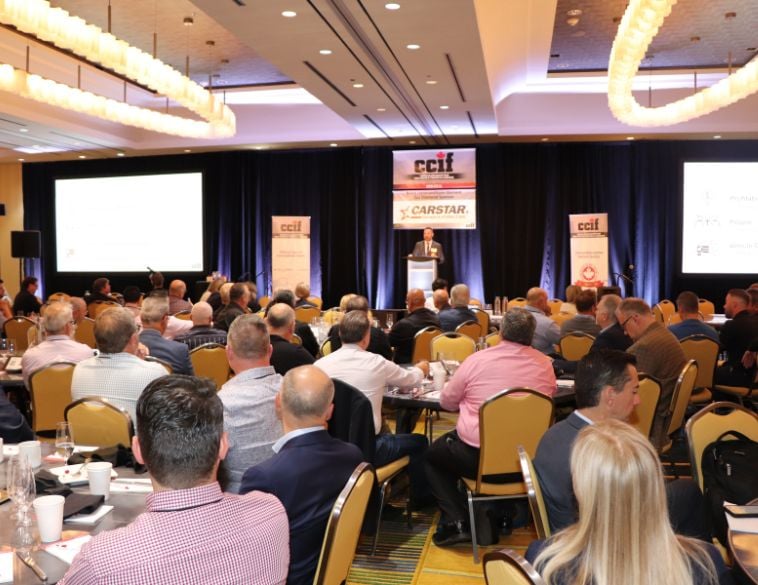The lack of data exchange across the automotive industry is causing difficulties for recyclers who
need to be effective in removing recalled parts from the marketplace.
When someone in the collision industry repairs a vehicle, they have access to the manufacturer’s build specifications and can find out what part is on the car by searching a VIN.
Recyclers don’t have access to this data.
There’s a firewall between our industry and the repairers, because the OEMs won’t let our industry have it.
We’ve devised our own
Interchange, a database of which parts fit which vehicles. But a database can only be as comprehensive as the data going into it, and while we do receive some data from certain manufacturers, other manufacturers don’t give us any at all.
Evolving technology
A stumbling block for Interchange is that technology continues to evolve. As vehicles incorporate more electronics, the number of parts variations only increases. There can be countless components in just one car door needed for it to function properly. Without knowing what version one car has versus another, the process of matching parts becomes even trickier. Forty years ago, you could make anything fit. Twenty years ago, electronic components started to become more challenging. Today, the complexity of the parts has increased to the point where replacing components isn’t simple—in some cases, they have to be re-programmed entirely.Our biggest challenge is that we’re blocked from the data we need to properly identify what we have to sell. If we purchase a vehicle, we can’t run the VIN number to compare all of the parts like repairers do. It’s becoming exponentially harder to identify what we have to sell.
Recalls and safety
Aside from the difficulties this data firewall poses for the inventory management, it makes effectively handling recalled parts a major issue. One example is the Honda airbag recall or the GM ignition switch recall—it’s a manual process to identify those parts within our database. So not only is not knowing what’s on certain cars becoming a potential liability for us, it prevents manufacturers from being sure they can remove all the components from the road unless they share the data with the recyclers who handle cars at the end of their lives. The firewall hurts our business and hampers our ability to serve our customers and affects customers’ ability to purchase a recycled part. What recyclers would like to see happen is the firewall between repairers and our industry coming down, allowing us to see the build specifications of a vehicle. If we had the OEM build specs, not only would it allow us to better serve our customers, it would also help us to recycle the car properly and quarantine any parts that the OEMs don’t want.
Andrew MacDonald has held various automotive industry positions including quality control engineering, purchasing and supplier processes and tooling. He has owned Maritime Auto Parts in Truro, Nova Scotia since 2012.



